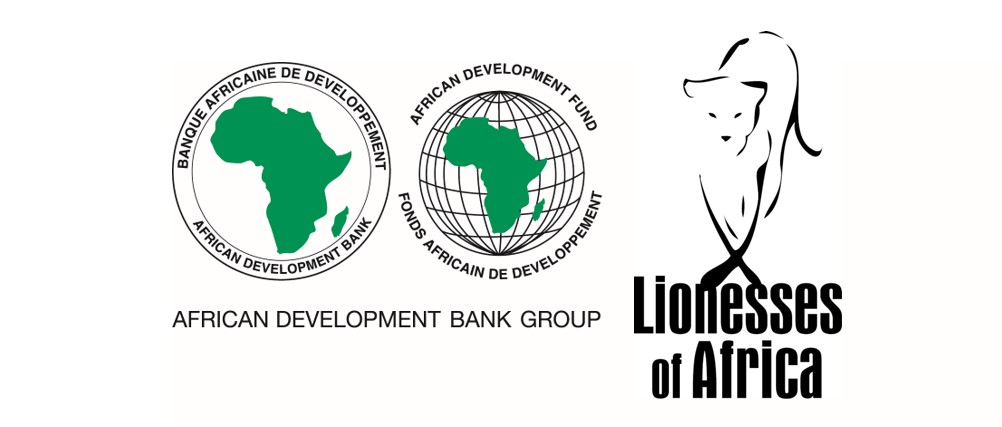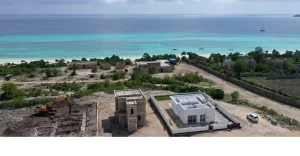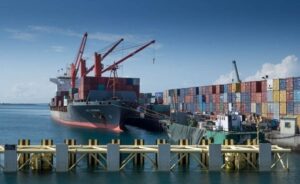 Women entrepreneurs in Africa are expressing widespread optimism and continuing resilience despite the prevailing economic climate, according to the 2022 Lionesses Business Confidence Report and Index launched on Global Women’s Entrepreneurship Day.
Women entrepreneurs in Africa are expressing widespread optimism and continuing resilience despite the prevailing economic climate, according to the 2022 Lionesses Business Confidence Report and Index launched on Global Women’s Entrepreneurship Day.The report, prepared by Lionesses of Africa Public Benefit Corporation and New York University finds that ninety three percent of women entrepreneurs anticipate their companies will be better off a year from now, with only 2% anticipating that their companies will be worse off. The report is funded by the African Development Bank Group, through the Affirmative Finance Action for Women in Africa (AFAWA) Initiative.
The second edition of the 2022 Lionesses Business Confidence Report and Index, comes at a critical moment, benchmarking last year’s data and evaluating African women-owned business performance, access to finance, and digital transformation. Furthermore, it allows stakeholders to learn how 100 of Africa’s top women business leaders surveyed, assess the state of their businesses and their opportunities for the upcoming year.
“The Bank, through the AFAWA Initiative, is pleased to collaborate with Lionesses of Africa on the latest Lionesses Business Confidence Report and Index. We hope women entrepreneurs, financial institutions, and governments use the rich data provided to make strong business and policy decisions to unlock the potential of women-owned businesses across the continent,” Malado Kaba, African Development Bank Group Director of the Gender, Women and Civil Society department noted.
The report also assesses women entrepreneurs’ external financing plans and their confidence levels in the willingness of financial institutions to fund their ventures, as 66% of women anticipate looking for external funding in the future (up from 61% in 2021). More of than 50% of women anticipate that financial institutions will be willing to provide loans or credit to their business in the next six months, with women in East Africa reporting the greatest confidence.
“Even before the pandemic, women-led businesses faced significant challenges accessing financing, often lacking the financial track record and collateral required to secure business loans, causing financial institutions to perceive them as risky,” said Esther Dassanou, AFAWA coordinator at the African Development Bank Group.
“The Bank is committed to accelerating women entrepreneurs’ ability to access finance by unlocking up to $5 billion by 2026. The Bank is also committed to working with African governments to ensure that inclusive policies are in place to benefit women entrepreneurs,” she added.
Lionesses of Africa Founder and CEO, Melanie Hawken confirmed that access to finance remains a dominant concern. Lionesses financed their companies’ activities through 2021 and into 2022 largely by tapping internal sources of financing, mostly retained earnings and personal capital. There was a sizable drop off in access to Covid-19 business support programs and other government grants compared with the previous year.
Another positive trend is the strong signs of recovery from the impacts of the pandemic, with two-thirds having either returned or expecting to return to pre-COVID-19 business levels by the end of 2022.
“Two-thirds of the Lionesses anticipate looking for external financing soon but only half perceive financial institutions willing to provide the loans or credit they will need. However, this represents a larger percentage than in 2021, suggesting modest but growing confidence in securing funds from financial institutions, and that is a trend in the right direction,” Hawken said.
Download the 2022 Lionesses Business Confidence Report and Index below:
- Report: https://issuu.com/lionessesofafrica/docs/2022-business-confidence-report?fr=sNDIwZjQzOTc0Mjk
- Index: https://issuu.com/lionessesofafrica/docs/2022-business-confidence-index?fr=sNTg0ODQzOTc0Mjk
Source: afdb.org
Share this news
This Year’s Most Read News Stories

Tanzania readying to talk to British developer over Zanzibar land lease revocation
Dar es Salaam. British firm Pennyroyal Limited has said it will sue the Tanzanian government over leasehold revocation in Zanzibar, but the Attorney General has confirmed that they are preparing to meet with the investor.Continue Reading

Mbeto on Mwinyi: He created today’s affluent people
The CCM Secretary of Ideology and Publicity (Zanzibar), Mr Khamis Mbeto Khamis, said the late President Ali Hassan Mwinyi was the architect of the current class of affluent people.Continue Reading

Zanzibar: Containers and dhows carrying alcohol stuck at Malindi Port
ZMMI, Scotch Store and One Stop Company have filed contempt of court case against Nicholas Eshalin, the chief executive officer of the Zanzibar Multipurpose TerminalContinue Reading












